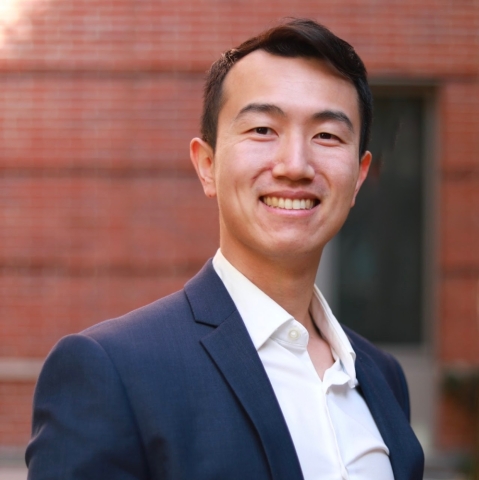
Date:
Location:
Speaker:
Abstract: Cryogenic electron microscopy (cryo-EM) won the 2017 Nobel Prize in Chemistry for its profound impact on the field of structural biology, most notably elucidating the spike protein structure of COVID-19 to accelerate vaccine development. In 2017, we introduced this powerful technique to energy science, leading to new insights into battery operation and failure. Although cryo-EM has made significant contributions to our understanding of battery materials at equilibrium (Science 358, 506, 2017; Science 375, 66, 2022), it has not advanced beyond the decades-old approaches used in biology, making cryo-EM and conventional techniques blind to the dynamics of nanoscale liquid-solid interfaces away from equilibrium. We have invented electrified cryo-EM (eCryo-EM), a breakthrough innovation that rapidly freezes and kinetically traps electrochemical reactions while they occur to enable direct nanoscale imaging of dynamic interfaces. Surprisingly, we discover an ultrathin (<2 nm) inorganic layer that partitions the corrosion film formed on battery electrodes, which revises our previous understanding of ion and electron transport through this interfacial structure. Slower growth kinetics of this ultrathin layer measured by eCryo-EM correlates with improved battery performance. Our findings reconcile many longstanding contradictions from past models of this poorly understood corrosion film and provide new insight for engineering its passivation properties that are critical for next-generation batteries. More broadly beyond the implications for battery research, eCryo-EM introduces a new paradigm for exploring the electrified interfaces that underpin fundamental processes spanning chemistry and biology.
Bio: Yuzhang Li is an Associate Professor in Chemical and Biomolecular Engineering at UCLA. He received his bachelor’s in Chemical Engineering from UC Berkeley and his Ph.D. in Materials Science and Engineering from Stanford University. The long-term goal of the Li group is to invent new tools and materials that address important challenges in sustainability and health. For example, we are leading efforts to leverage the powerful cryogenic electron microscopy (cryo-EM) tool to address grand challenges in sustainability. These efforts have led to significant breakthroughs in our understanding of batteries (Science 358, 506, 2017; Science 375, 66, 2022) and electrocatalysts (Nature Energy 8, 138, 2023), which represent important clean energy technologies necessary for securing energy resilience and security. New insights then inform parallel efforts in materials innovations (Nature 620, 86, 2023; Nature Energy 10, 502, 2025) that will enable transformative technologies. Yuzhang’s research has been recognized with several awards, including the Packard Fellowship, Dreyfus Teacher-Scholar Award, Forbes 30 Under 30, and young investigator awards from the NSF, DOE, NIH, and DOD.



